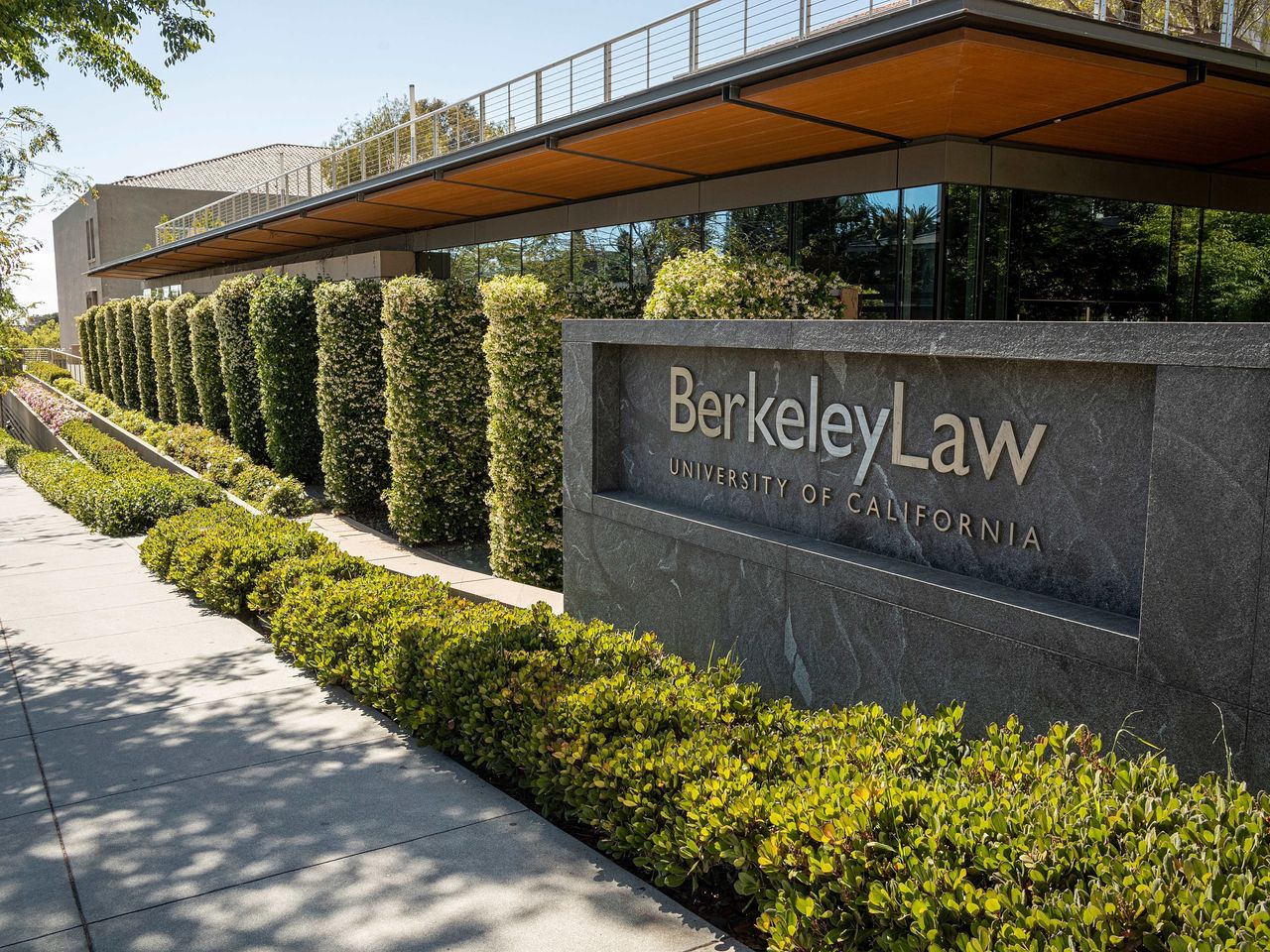A private dinner party at the Oakland home of UC Berkeley School of Law Dean Erwin Chemerinsky and his wife, law professor Catherine Fisk, erupted into a tense standoff Tuesday evening when a pro-Palestinian law student disrupted the event to protest the university’s investments in companies tied to Israel.
The incident, captured on video, has reignited fierce debate over the boundaries of free speech and perceived intolerance towards Islam and Judaism on college campuses amidst the ongoing Israel-Hamas war.
Protest Turns Confrontational
Malak Afaneh, a Palestinian American third-year law student, unexpectedly took the microphone at the backyard gathering to deliver an unsanctioned speech criticizing UC Berkeley’s alleged complicity in the “genocide of the people of Gaza” due to its financial ties to certain corporations.
Chemerinsky, who is Jewish, and Fisk attempted to stop Afaneh, with the dean shouting for her to leave and Fisk briefly struggling with Afaneh over the microphone.
Afaneh and her supporters eventually left but not before leveling accusations of Islamophobia and assault against Fisk.
“It was clear Islamophobia,” Afaneh asserted. “Assault is assault. No law professor should physically touch a student, regardless of the circumstances.
Accusations of Antisemitism
In a statement, Chemerinsky expressed dismay over the incident, noting it was the latest in a series of what he considers antisemitic attacks against him due to his Jewish identity.
Just days prior, offensive posters depicting an antisemitic caricature of Chemerinsky had appeared on campus.
“I am enormously sad that we have students who are so rude as to come into my home, in my backyard, and use this social occasion for their political agenda,” he wrote.
Chemerinsky, a staunch defender of free speech, announced additional security would be present at upcoming student dinners to prevent further disruptions.
University Response and Legal Questions
UC Berkeley Chancellor Carol Christ issued a statement supporting Chemerinsky and condemning the protest at his private residence while still affirming the university’s commitment to free speech.
However, the incident has raised thorny legal questions over the line between protected speech and unacceptable disruption, especially on private property.
“There is this misconception that a lot of students have across the country right now that taking over someone else’s event, disrupting their event is an exercise of first amendment rights and that’s just wrong,” said Nico Perrino of the Foundation for Individual Rights and Expression.
Advocates Weigh In
Pro-Palestinian activists view the confrontation as indicative of deeper institutional biases. “Fisk’s assault was a symbol of the deeper Islamophobia, anti-Palestinian racism, and religious discrimination that runs rampant within the University of California administration,” Afaneh’s supporters said in a statement.
The Council on American-Islamic Relations expressed concern over the targeting of students for their advocacy.
Meanwhile, the American Jewish Committee criticized the disruptive protest for promoting “abuse and violence” against pro-Israel students.
Ongoing Tensions
The heated exchange marks the latest flare-up in a series of campus conflicts across the nation since the outbreak of the Israel-Hamas war last October.
Experts worry the Supreme Court’s upcoming ruling on affirmative action could further inflame racial divisions at universities.
As the future of campus free speech hangs in the balance, UC Berkeley, a historic hotbed of student activism, once again finds itself at the center of the storm.
How the university and its prestigious law school navigate this crisis may well set the tone for other institutions grappling with similar challenges in these tumultuous times.
See more : Four Charged with Murder of Long Beach Veteran Gunned Down While Gardening
